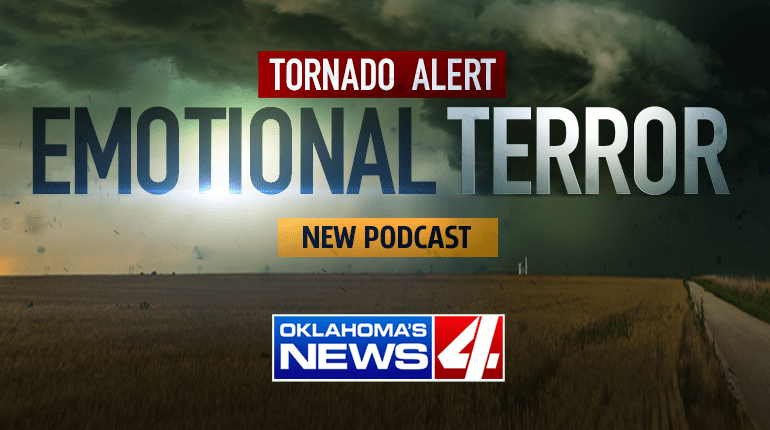OKLAHOMA CITY (KFOR) – While anxiety, worry and stress are all a part of most people’s everyday lives, the COVID-19 pandemic has potentially increased these feelings.
Many people may fear the illness and feel uncertain about social and economic effects of the outbreak.
Haley Jurko, LPC candidate at Sunbeam Family Services, is sharing signs of stress and tools to help you cope.
The American Institute of Stress (AIS) reports the following as common signs and symptoms of increased stress, anxiety and worry:
- Muscle tension
- Physical weakness
- Poor memory
- Sweaty hands
- Fear or confusion
- Inability to relax
- Constant worry
- Shortness of breath
- Heart palpitations
- Upset stomach
- Poor concentration
Healthy Ways to Cope with Stress
Managing stress reactions can improve your health, quality of life and well-being.
- Stay Connected. Talk with people you trust about your concerns and how you are feeling.
- Take a break from the news. If news events are causing your stress, take a break to limit excessive exposure.
- Take care of yourself.
- Develop healthy eating and sleep habits to maintain consistent structure.
- Try relaxation techniques.
- Deep breathing: inhale for four seconds through your nose, hold for four seconds, and exhale through your mouth for six seconds
- Use an app like Headspace or Calm for guided relaxation
- Make time to unwind. Try to do some other self-care activities you enjoy, not work or school related.
For Parents and Caregivers
Children and teens react to what they see from the adults around them. When parents and caregivers navigate stressors calmly and confidently, they can provide the best support for their children. Watch for behavior changes in your child and know that not all children and teens respond to stress in the same way.
Some common changes to watch for include:
- Excessive crying or irritation in younger children
- Returning to behaviors they have outgrown (for example, toileting accidents or bedwetting)
- Excessive worry or sadness
- Unhealthy eating or sleeping habits
- Irritability and “acting out” behaviors in teens
- Poor school performance or avoiding school
- Difficulty with attention and concentration
- Avoidance of activities enjoyed in the past
- Unexplained headaches or body pain
- Use of alcohol, tobacco or other drugs
Ways to Support Children
- Talk with your child or teen about the COVID-19 outbreak or other stressful topics.
- Answer questions and share facts in a way that your child or teen can understand.
- Reassure your child that they are safe. Let them know it is ok if they feel upset. Share with them how you deal with your own stress so that they can learn how to cope from you.
- Limit your family’s exposure to news coverage of the stressful events, including social media. Children may misinterpret what they hear and can be frightened about something they do not understand.
- Try to keep up with regular routines. If schools are closed, create a schedule for learning activities and relaxing or fun activities.
- Be a role model. Take breaks, get plenty of sleep, exercise and eat well. Connect with your friends and family members.




























